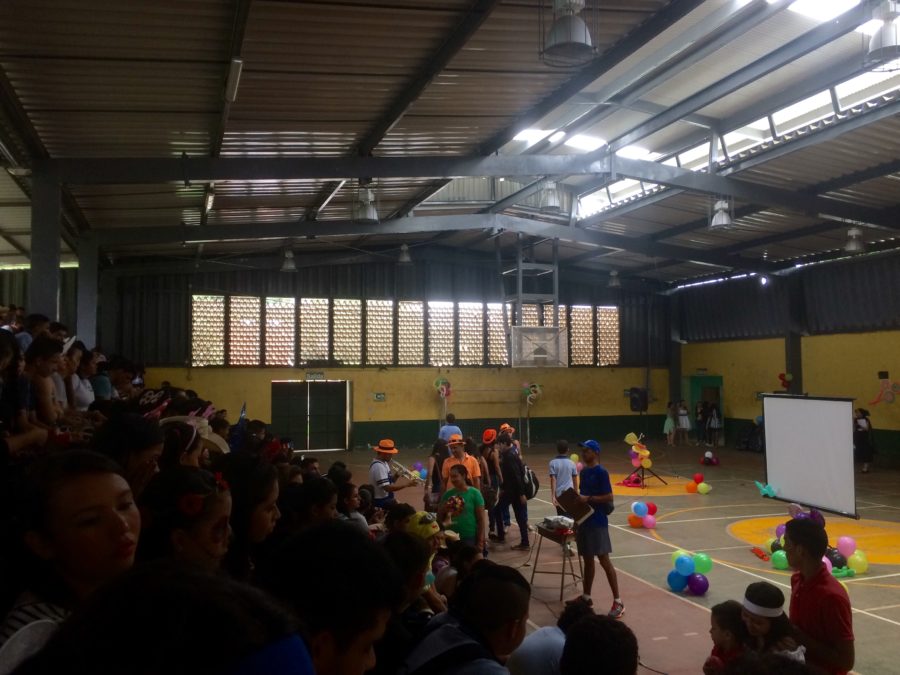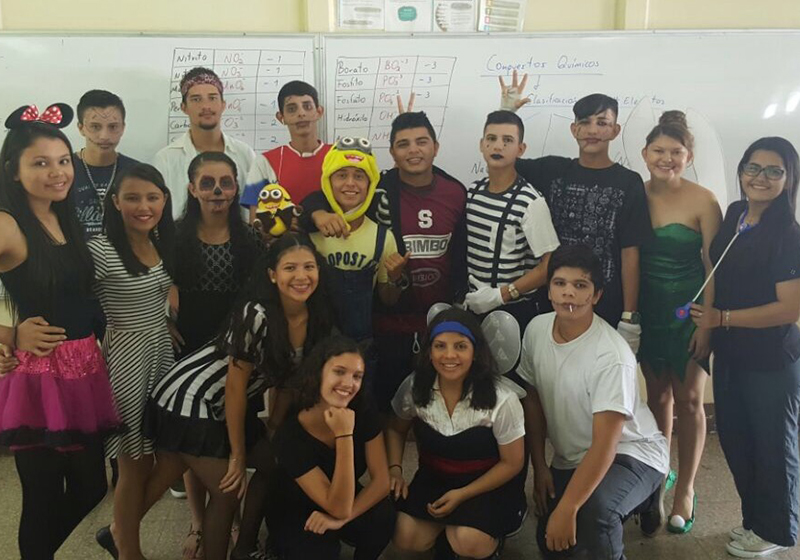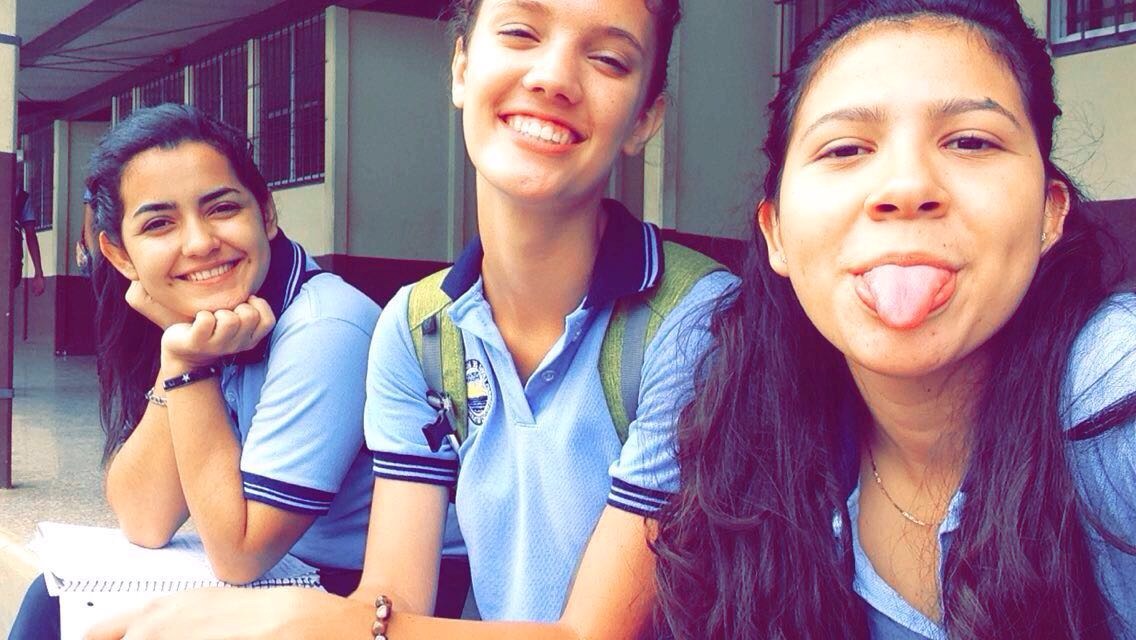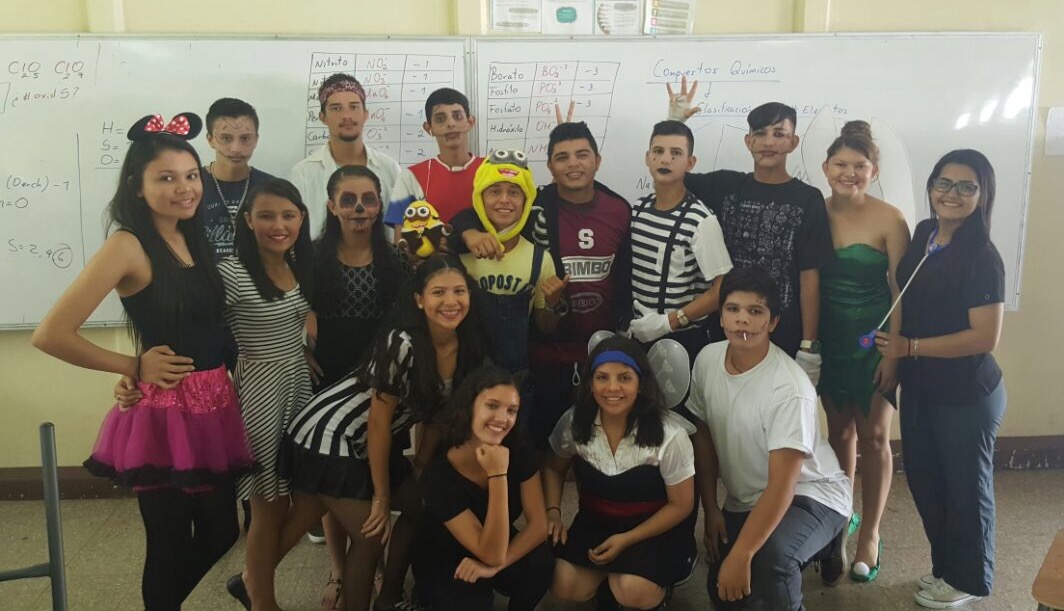Education is a concept that philosophers and professors have been trying to define for centuries. What is it? How is it obtained? Although these questions will not likely, if ever possible, be answered, I think that while studying abroad, it should be defined by what you aim to get out of it.
I arrived in San Jose, Costa Rica, proudly packing along my 10 months worth of clothing and 3.9 GPA. My academic record in the United States had always been my defining attribute. I was inevitably subscribed to the idea that institutional education was my ticket to success, but as my mind began to open up to other possibilities that were within my reach, I started to question this image of success that I had conjured in my mind.
I had attended school in the United States because it was my duty as a student. Since it has always been a requirement, I have never considered what I wanted to gain from my education. I knew that I was supposed to get good grades, but that was the only reason I had for showing up each day. The academic system told me that I would get something out of school, and I knew that I would, but I was yet to find out what that something was.

Attending school in a second language, especially if you do not speak that second language yet, presents the expected array of hurdles. It is near to impossible to obtain outstanding academic achievements in a dialect you do not speak, and it is not fair to expect this from yourself. This was my first fault.
Here I was, shining my honors student trophy, when suddenly, this asshole named ‘Spanish’ took it away from me. It is like taking a safety blanket away from a child; the child is not going to do much thinking before it reacts because it has never had to.
I had never considered what would happen if my role as the ‘brain’ was to be taken away from me. When it was, I found that I was no longer ‘the kid who secretly cried over a B freshman year’ (feel free to cringe). I was, whether I wanted to be or not, ‘the artist’. My free time was no longer spent studying subjects that did not interest me, but drawing and writing. Thanks to some language miscommunications, I accidentally agreed to help paint a mural at school. Although my lack of experience painting initially had me terrified, it is nice to take part in an activity that I would have never been involved in at my school in the United States.
This was one of the first profound drops of information about myself that I felt seep into my brain. I had never seen myself as someone distinguished by artistic abilities, and I likely never would have if I had stayed an English speaking school. Here, I truly began to identify my relationship with experimental education.

Society projects the idea that education is obtained through textbooks, and although there is much information to be gained on written pages, the world contains so much more than can be described in a book. Experimental education is what inspired the people who wrote those textbooks. It is the understanding and amazement of yourself and your potential capabilities that instills a curiosity of your personal limits, and the limits of the world around you. It is the force that creates the will to learn, not the requirement.
Once I shifted my focus in school to experimental education, rather than academic, I found that my focus was narrowed onto what actually interests me. When everything is equally confusing, it is easier to see what subjects catch your attention. It is also very draining to translate material from all your classes, but I found that there were some subjects that I wanted to translate because I actually desired to learn the material. In the United States, my preoccupation with completing my workload overshadowed my inclination to find topics that fascinate me.

There is no correct way to approach education abroad, as it depends on what education you want to gain, but I believe that taking advantage of the unique opportunities presented is the most worthwhile option. If one of these opportunities is an exceptional academic education, then there is no shame in translating those notes and putting your effort into learning those subjects. If you choose to focus on the experimental aspects of school abroad, then I think you possibly open yourself up to influences more informative than any school course.
Studying abroad is one of the very few chances presented in high school where you can let yourself devote time to particular subjects that interest you, and not worry if you got a bad grade on a test in a class you have no desire to pursue. You are not only exploring a new country while abroad; you are exploring yourself and what drives you to learn as a human being. The freedom to investigate this cannot be found in the comfort of your home country, but in the beautiful uncertainty of school abroad.
About the Author:
My name is Rachael Maloney, and I am a curious venturer fueled by good books and foreign food. I am currently spending my junior year of high school in Costa Rica, doing my best to absorb everything my 10 months abroad have to teach. I look forward to carrying these lessons with me for many years to come, and, in the meantime, sharing them in online articles for those who are interested. Follow Rachael on her adventure and read her stories here.

Terrific, Rachael. You are acquiring a very fine education….it’s not all or always in the books! ? Love and hugs, Mimi
Rachael – well put! You have knowledge and brains beyond your years! Looks like you are enjoying your amazing adventure and “education”. Get after it!
Rachael – This is a great piece. Very impressive.
I really enjoyed this blog post, made me want to study abroad even more.